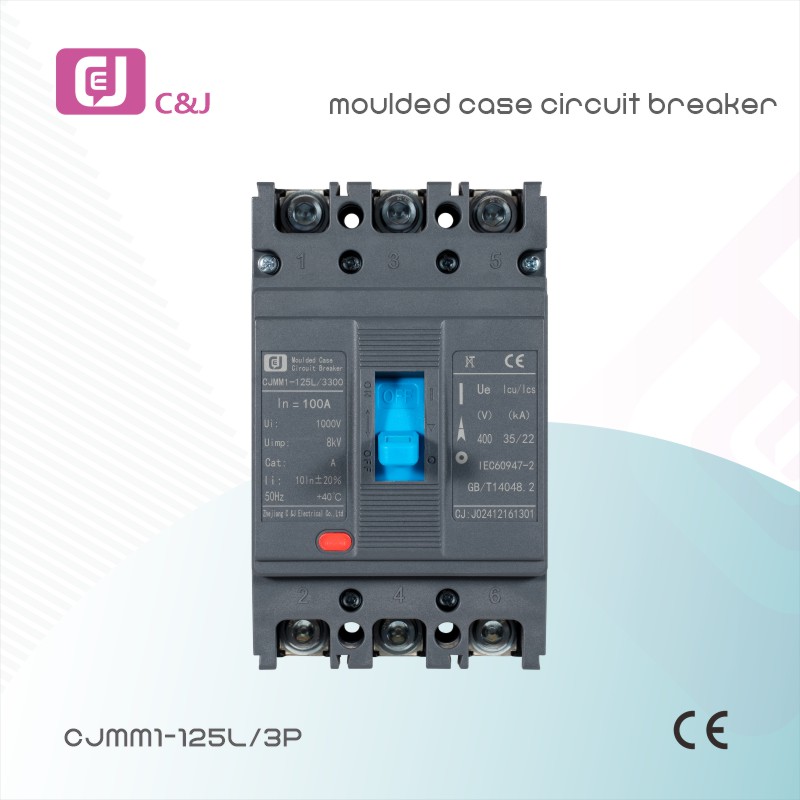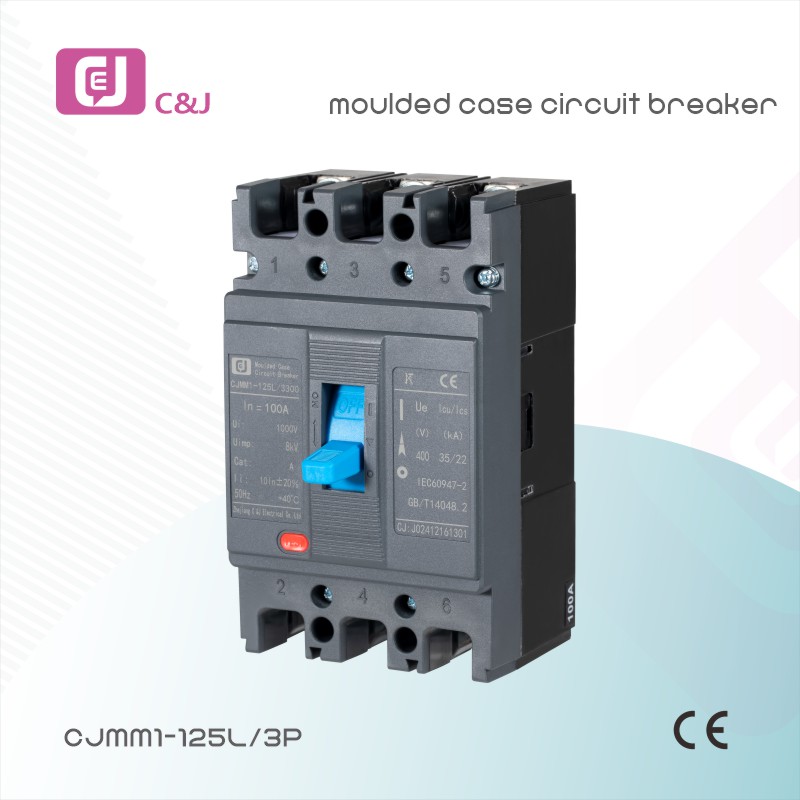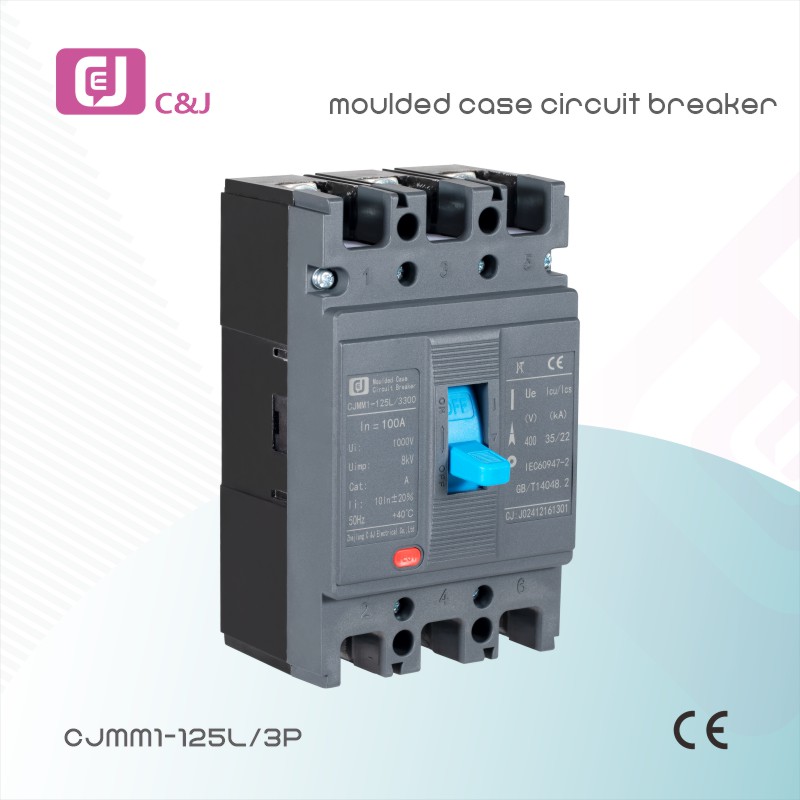Understanding MCCB Circuit Breakers: A Comprehensive Guide
Molded case circuit breakers (MCCBs) are critical components in electrical systems, protecting circuits from overloads and short circuits. As the demand for reliable and efficient electrical systems continues to grow, understanding the functions and applications of MCCBs is becoming increasingly important for both professionals and enthusiasts in the electrical engineering field.
What is an MCCB circuit breaker?
A molded case circuit breaker (MCCB) is an electromechanical device that automatically interrupts the flow of current in a circuit when it detects an abnormal condition, such as an overload or short circuit. Unlike traditional fuses, which must be replaced after they blow, MCCBs can be reset after tripping, making them a more convenient and cost-effective circuit protection solution.
Molded case circuit breakers (MCCBs) are available in a wide range of current ratings, typically from 16A to 2500A, and are suitable for a variety of applications from residential to industrial environments. Their molded case housing is durable and provides effective protection against environmental factors.
Main features of MCCB circuit breaker
1. Overload Protection: Molded case circuit breakers are equipped with a thermistor to detect overload current. When the current exceeds a preset limit, the thermistor heats up and trips, preventing damage to the electrical system.
2. Short-circuit protection: When a short circuit occurs, a molded case circuit breaker (MCCB) uses an electromagnetic mechanism to almost instantly disconnect the circuit. This quick response is crucial to preventing serious damage to equipment and reducing the risk of fire.
3. Adjustable Settings: Many MCCBs come with adjustable overload protection settings, allowing users to tailor the trip current to the specific requirements of their electrical system.
4. Multi-Pole: MCCBs are available in a variety of configurations, including single-pole, double-pole, and three-pole designs, to suit different applications.
5. Integrated functions: Some advanced MCCBs include additional features such as ground fault protection, communication capabilities, and monitoring systems, thereby enhancing their functionality and safety.
Application of MCCB circuit breaker
MCCB circuit breakers are widely used in various fields, including:
- Industrial Applications: In manufacturing plants, MCCBs protect machines and equipment from electrical faults, ensuring continuity and safety of operations.
- Commercial Buildings: In office buildings and shopping malls, MCCBs protect electrical panels and distribution boards, providing reliable protection for lighting, HVAC systems, and other electrical loads.
- Residential Use: Homeowners can benefit from MCCBs in their electrical panels to provide enhanced protection for home appliances and reduce the risk of electrical fires.
Advantages of using MCCB circuit breakers
1. Reliability: MCCBs are renowned for their reliability and durability, making them a top choice for critical applications where downtime is costly.
2. Easy to maintain: Compared with traditional fuses, MCCB has the ability to reset after tripping, which can reduce maintenance costs and downtime.
3. Safety: By providing effective overload and short-circuit protection, MCCBs improve the overall safety of electrical systems.
4. Versatility: A wide range of current ratings and configurations make MCCBs suitable for a variety of applications, from small residential circuits to large industrial systems.
In summary
Simply put, molded case circuit breakers (MCCBs) play a vital role in modern electrical systems, providing essential overload and short-circuit protection. Their reliability, ease of maintenance, and versatility make them indispensable components in residential and industrial applications. As technology continues to evolve, understanding and using MCCBs will become increasingly important to ensure safe and efficient electrical systems for years to come. Whether you’re an electrical engineer, contractor, or homeowner, familiarity with MCCBs is essential for effective electrical management and safety.
Post time: Sep-15-2025




